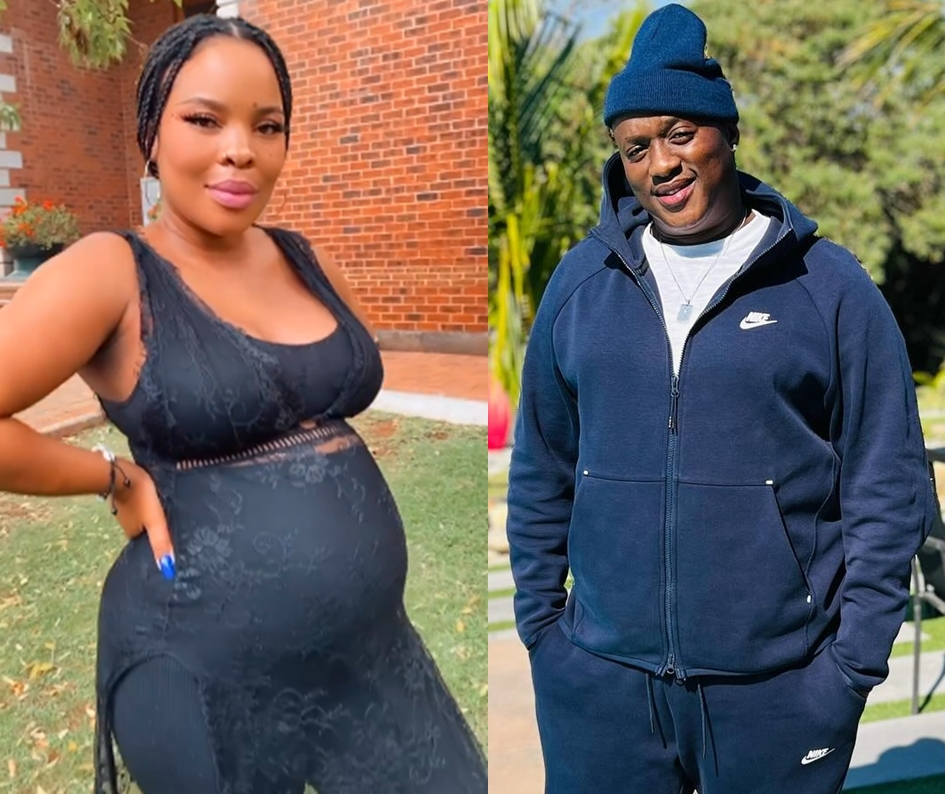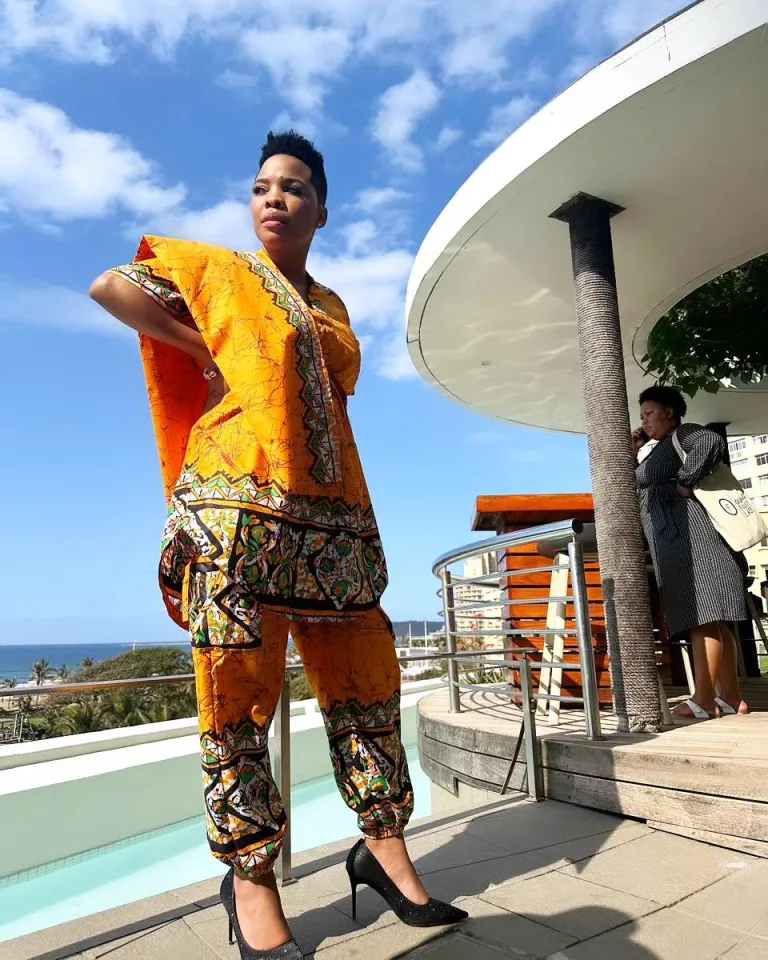Jub Jub lawyer’s says Masechaba Khumalo couldn’t have lost her v!rginity twice
Jub Jub lawyer’s says Masechaba Khumalo couldn’t have lost her v!rginity twice

The legal battle surrounding the alleged rape of former Metro FM presenter Masechaba Khumalo by musician Molemo “Jub Jub” Maarohanye has taken a dramatic turn, with the National Prosecuting Authority (NPA) withdrawing the case following legal submissions by Maarohanye’s lawyer, Ntsako Baloyi. The decision has sparked outrage and ignited a fierce debate about the complexities of s.e.xual assault allegations, the weight of evidence, and the role of public opinion in the justice system.
At the heart of the controversy lies a contrast between the two narratives presented. Khumalo, in her police statement, alleged that Maarohanye raped her while she was a virgin at the age of 16, during a period when they were dating. She described an incident at Maarohanye’s parents’ home in Naturena, where, after watching a movie, he allegedly pinned her down and forced himself on her. Khumalo claimed she only disclosed the alleged assault to her parents after Maarohanye bragged about “smashing” her on the popular podcast, “Podcast and Chill with Macg.”

However, Baloyi, in his legal submissions to the NPA, presented a compelling counter-narrative, questioning the validity of Khumalo’s claims and suggesting a possible ulterior motive behind the allegation. He pointed to Khumalo’s public disclosure of her father’s alleged rape of her when she was nine years old, arguing that it was “astonishingly strange” that she had never mentioned the alleged rape by Maarohanye, despite readily sharing details of her traumatic past on social media and in interviews.
“Her allegation that the applicant forced himself onto her as ‘a virgin’ is false and therefore brings into question the validity of her claims against the applicant since her father raped her occurred at age nine for three days. It is far-fetched, impractical, and impossible to say the least,” Baloyi argued.
Baloyi further asserted that Khumalo’s public praise of Maarohanye’s talent on the Uyajola 9/9 show, which he hosts, contradicted her claim of s.e.xual assault. He also suggested that Khumalo’s decision to come forward with the allegation was influenced by the “Me Too” movement, which was sparked by Maarohanye’s ex-lover, Amanda du-Pont’s public accusation of rape against him.
“If indeed the applicant s.e.xually assaulted her, as she claims, how does she publicly acknowledge and praise him and then turn around and accuse him of rape? It just does not make sense,” Baloyi stated.

The NPA’s decision to withdraw the case, based on Baloyi’s arguments, has been met with mixed reactions. Some have expressed support for the decision, citing the lack of corroborating evidence and the inconsistencies in Khumalo’s narrative. Others, however, have condemned the NPA’s decision, arguing that it sends a dangerous message to victims of sexual assault and undermines the credibility of their claims.
“This is a travesty of justice,” said a spokesperson for the South African Women’s Network. “The NPA’s decision to withdraw the case without a proper investigation is a slap in the face to all survivors of s.e.xual violence. It sends a message that their voices don’t matter and that their experiences are not taken seriously.”
The “Jub Jub” rape case highlights the complexities of s.e.xual assault allegations, particularly when they involve public figures. The case also raises important questions about the role of public opinion in the justice system and the need for a more nuanced approach to addressing allegations of sexual violence.
While the NPA has withdrawn the case, the debate surrounding it is likely to continue. The case has exposed deep divisions in South African society about the nature of s.e.xual assault, the burden of proof, and the role of the justice system in protecting victims.
Comments are closed.